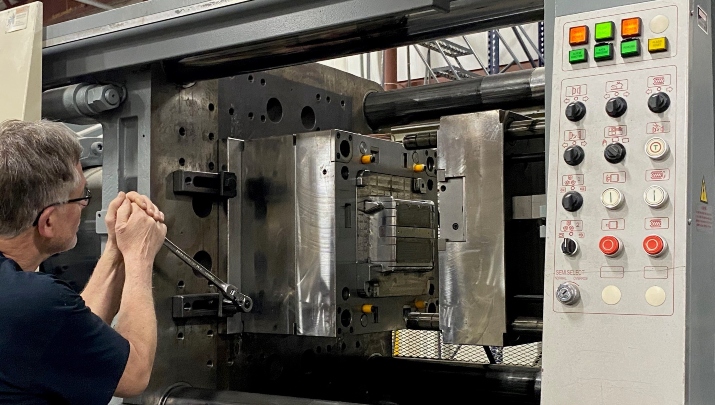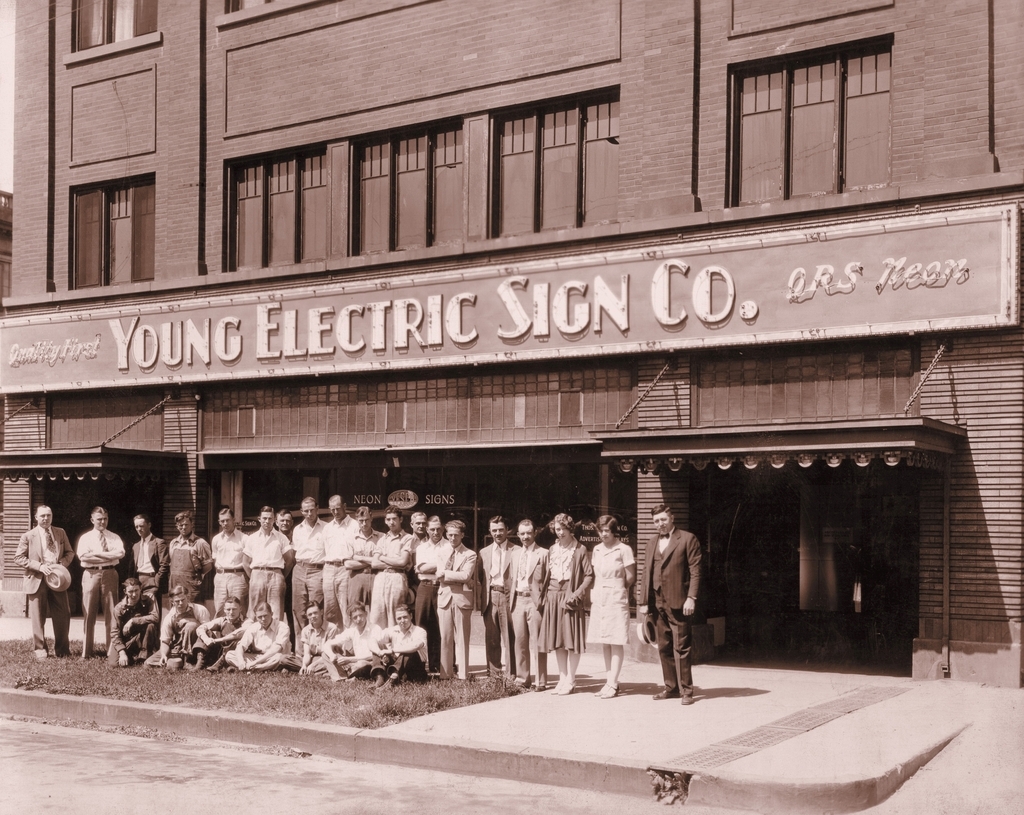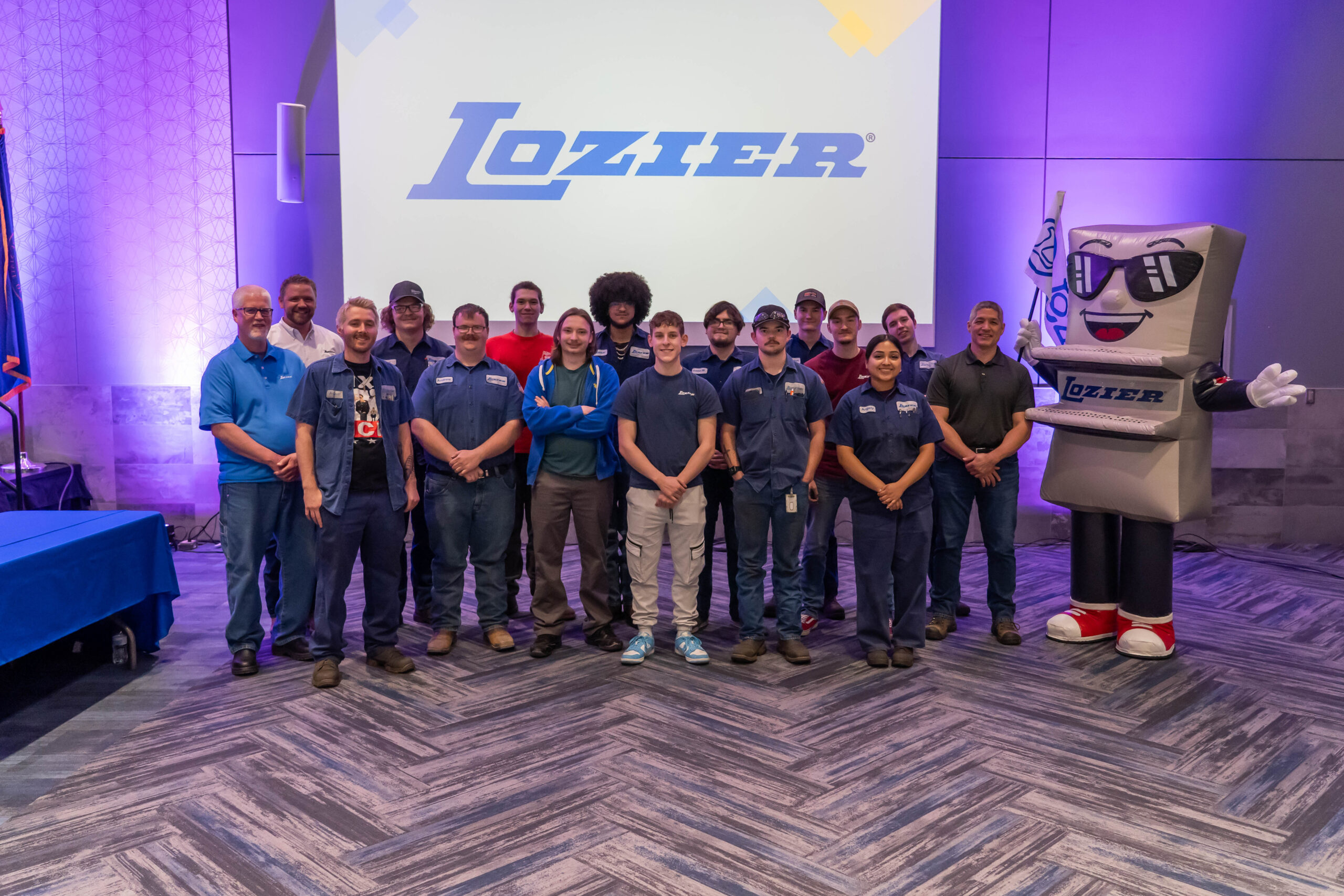
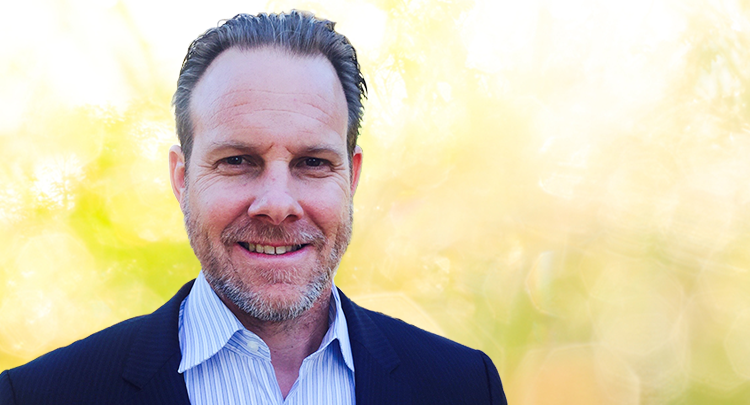
Wildfire Sparks New Growth
- Jason Kendall
- Kendall Farms
Ten years ago, a wildfire tore through my family’s flower farm in Southern California. We grow more than 100 types of flowers and fresh greens, including eucalyptus, waxflower and avocados, and in less than 24 hours, they were basically all gone. We lost 80 percent of our crops as the shifting winds fanned flames across our 500 acres of rolling hills.
It was the worst thing that ever happened to my family and my business. But it taught us how to Persevere and eventually strengthened me and my Evergreen company.
My father, David Kendall, started our family farm in the late 1980s when he bought 50 acres of land in northern San Diego County. A former urban real estate guy, my dad wanted to get back to his childhood Texas Panhandle farming roots and thought it might be fun to fix up and flip an old avocado farm. At 13, I didn’t share his enthusiasm. I didn’t think piles of dirt in rural California were a good substitute for the skateboard parks of Los Angeles.
But something happened to both me and my dad when we were out there working on the land. I discovered that I liked getting my hands dirty — planting the flowers, tilling the soil, plotting the groves. My dad discovered that he enjoyed farming—and started taking the business seriously, buying more adjacent land and switching from all avocados to a mix of fruit and flowers that we could sell on the wholesale market. Talk of flipping the business slowly faded away.
Through high school and college at nearby Point Loma Nazarene University, I worked in just about every aspect of the farm business: sales, deliveries, packaging, marketing. After college, I returned to the farm and became general manager. My dad and I were great partners. He boosted my confidence and let me try all sorts of things, like traveling to trade shows and experimenting with African and Australian perennials. By the late 1990s and early 2000s, we were selling our cut flowers wholesale all over the United States.
Sadly, my father passed away from cancer in 2004. At that time, I took over running the farm. I hired my cousin Troy Conner, a former sheriff in Seattle, to be our general manager. We continued to farm the 500 acres as my father and I always had — until the fire swept through in October 2007.
We had a very low insurance policy, so the devastation hit us pretty hard financially. But we were resilient in the face of destruction. We mourned our scorched earth for just one day. The next day, we were back at work. We had no running water, a creaky generator and only the products we had harvested before the fire.
My fighting instinct really kicked in — I can honestly say that in those days right after the fire, my focus was 100 percent on assessing the damage and figuring out how to rebuild. Never once did I consider giving up the farm. The farm is our life; it was altered, but not irredeemable. I was buoyed by the caring hands of our neighbors and my family. We embraced the challenge to overcome the damage, rather than be overwhelmed by it.
Troy, our accountant and I looked at the cost to rebuild. Our production would be way down for a couple of years, so we were facing declining sales. We had to get lean and mean by borrowing money from the bank, making our fields more efficient and cutting our labor costs.
The fire had melted all of our water lines. This meant we had the opportunity to install a completely new irrigation system — one that would make better use of our scarce water supply. We went back to the drawing board and researched ways to more effectively use our land. We started planting all of our new crops much closer together, to get more production out of each acre. We also brought in newer varieties of plants—flowers that are hardier and last longer but are still beautiful. We whittleddown our avocado groves, which were using too much water, from 40 acres to just five.
We also re-evaluated our workforce. After the fire, we had to let half of our 50 employees go. It was a heartbreaking decision but one that was necessary for us to rebuild. As we started to grow again, we did so more slowly and more carefully. Rehiring gave us the opportunity to really study our company culture and make sure we were hiring people who were the right fit. I always say people who can do a job better than me are awesome — and since the fire, I’ve made it a priority to hire only awesome people.
It took us five years to get back to full production. And our renovations ultimately made us stronger than ever. Today we are at $8 million in sales, compared to $3 million before the fire. We now have about 100 employees on staff. We’ve paid off the $1 million we had to borrow to keep ourselves afloat in the few years after the fire. And we now have three ways we sell our flowers: wholesale in the U.S., Canada and Asia (we’ve been doing this for 25 years); directly to supermarkets (we’ve been doing this for 12 years); and online, which is an exciting new development. We can now ship overnight anywhere in the country.
Our Evergreen company is still a family affair: My cousin is president, my wife is the designer, my uncle is operations manager and my cousin works in our IT department. I’d love to pass the business on to the next generation, as long as it makes sense to them and their hearts are in it. More than anything I want to make sure the next generation knows what it means to Persevere. There will always be tough times, but they are well–balanced by the good times.
And the future looks pretty darn good. We are way better off now because of that wildfire. It refined us and made us stronger and more resilient as a team.
Jason Kendall is the owner of Kendall Farms.
More Articles and Videos
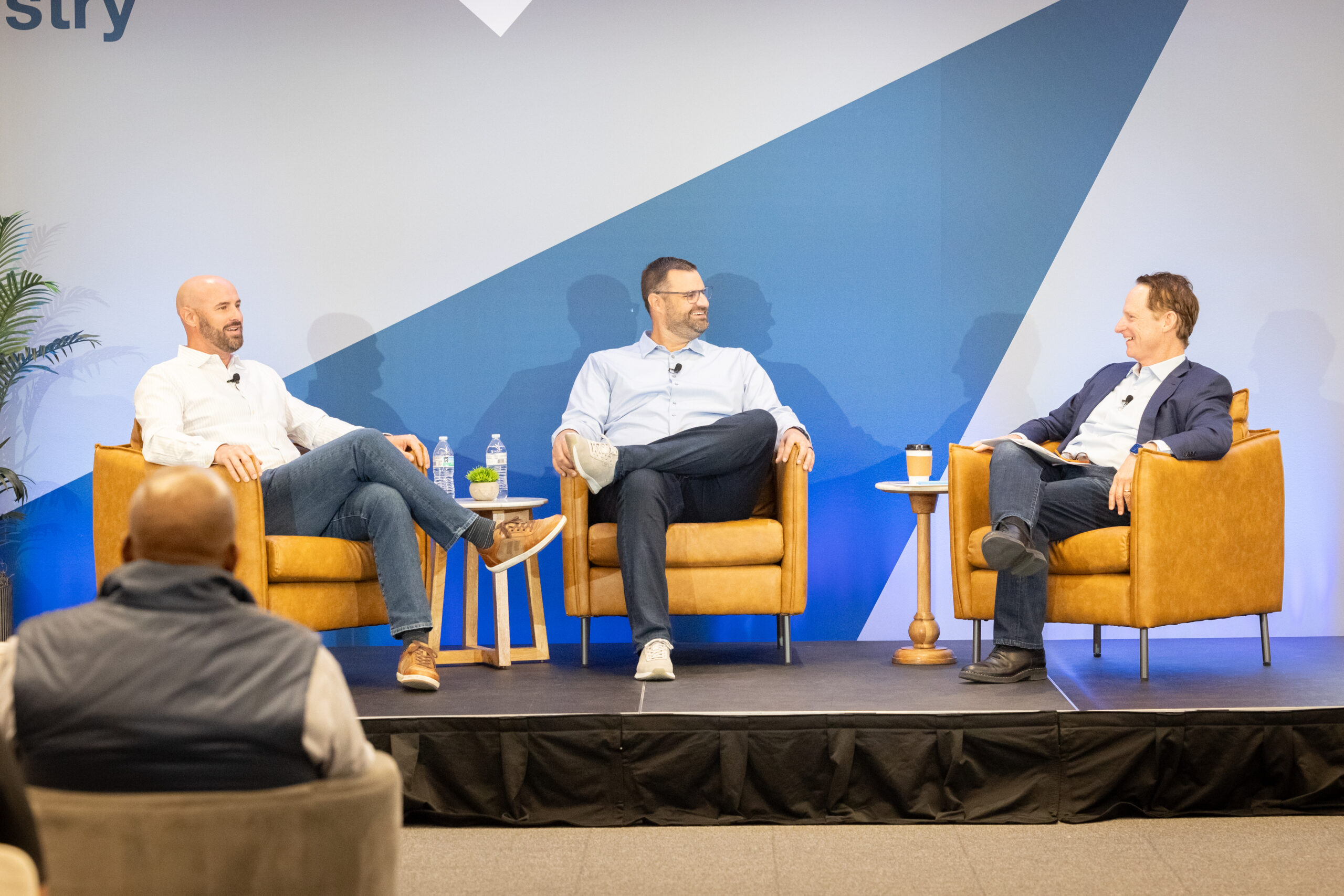
Fireside Chat with Dave Thrasher, Dan Thrasher, and Dave Whorton
- Dave Thrasher, Dan Thrasher, & Dave Whorton
- Supportworks and Thrasher Group

Get Evergreen insight and wisdom delivered to your inbox every week
By signing up, you understand and agree that we will store, process and manage your personal information according to our Privacy Policy
